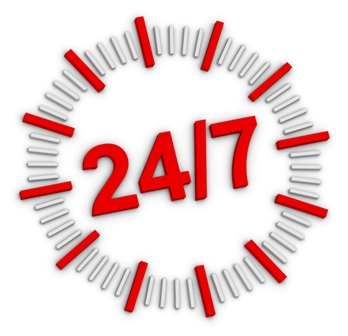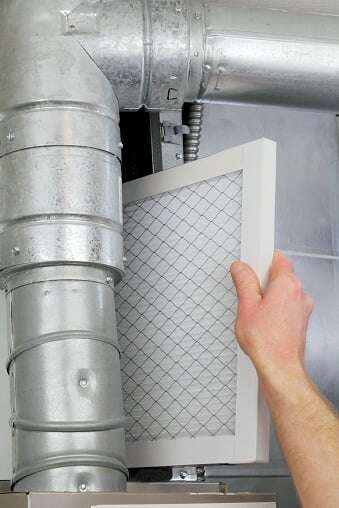 If this keeps up, you just might hear about the establishment of "Experts University." This idea might sound a bit far-fetched, but not by much, and here's why.
If this keeps up, you just might hear about the establishment of "Experts University." This idea might sound a bit far-fetched, but not by much, and here's why.
First we posted a Quiz: Test Your Basic Heating and Air Conditioning System Knowledge. Although we didn't make it intentionally difficult, it wasn't simplistic, either. It was a challenge, and apparently it was a fun one because it inspired a follow up article of the answers: Expand Your Basic Heating and Air Conditioning System Knowledge.
Many homeowners want to expand their knowledge of their heating and air conditioning system. And what kind of “teacher” would Experts In Your Home be if it closed the book, so to speak, before the lesson was complete?
So here, we offer Part 2 of our first HVAC tutorial. But keep your eyes open. Today's class session will come to an end, but the education will continue at “Experts University.”
We asked: About how much an HVAC system represents on most Americans' total annual energy bill.
The expanded answer: You were correct if you answered between 40 and 55 percent. This leaves no doubt: heating and cooling a home doesn't come cheaply.
Did you know? By remaining vigilant about annual maintenance checkups, repairing air leaks, installing insulation and making some minor thermostat settings, you could save up to 30 percent on your energy bill. Let Experts In Your Home show you how after we conduct an energy audit of your home.
We asked: About the advantages of a programmable thermostat.
The expanded answer: You were absolutely correct if you answered that it can lower energy costs, offer flexible, multi-day programming and give you the ability to alter a temperature, if need be, via a smartphone.
Did you know? A programmable thermostat isn't magic, but it offers a magical solution to high energy costs. If you can adjust your thermostat by between 7 and 10 degrees for eight hours straight, you can cut your utility bill by about 10 percent, according to the U.S. Department of Energy.
We asked: If the size of a heating system is directly related to how efficiently it heats a home.
The expanded answer: Here's where our quiz became a bit of a challenge because many people assume that the bigger a heating system is, the better it will heat a home. While a furnace that is too small probably will not keep your home warm, a furnace that is too large will cycle on and off more than necessary. This condition puts more stress on the furnace, wastes energy and reduces the furnace's lifespan.
Did you know? Experts In Your Home can help you avoid all these completely avoidable consequences by sizing your new furnace properly. It's a vital step: if your furnace is between 15 and 20 years old, a new Energy Star furnace can reduce your heating bill by as much as 20 percent, according to the U.S. Department of Energy.
We asked: About the meaning of the acronym SEER.
The expanded answer: SEER, which stands for Seasonal Energy Efficiency Ratio, refers to the efficiency rating of air conditioners and heat pump cooling.
Did you know? ACs must score a minimum SEER rating of 13, says the U.S. Department of Energy.
You've advanced to the top of the class if you've picked up on one of the not-so-secret objectives of our original heating and air conditioning system quiz: to help you save money on your energy bill – tomorrow and beyond. Call it the cornerstone of the “Experts University” mission statement.
The next time you need a heating and air conditioning expert, contact Experts In Your Home in Chico - we're commited to educating you along the way.
Do you know what questions to ask if your heating system breaks? Find out in the free download below!








